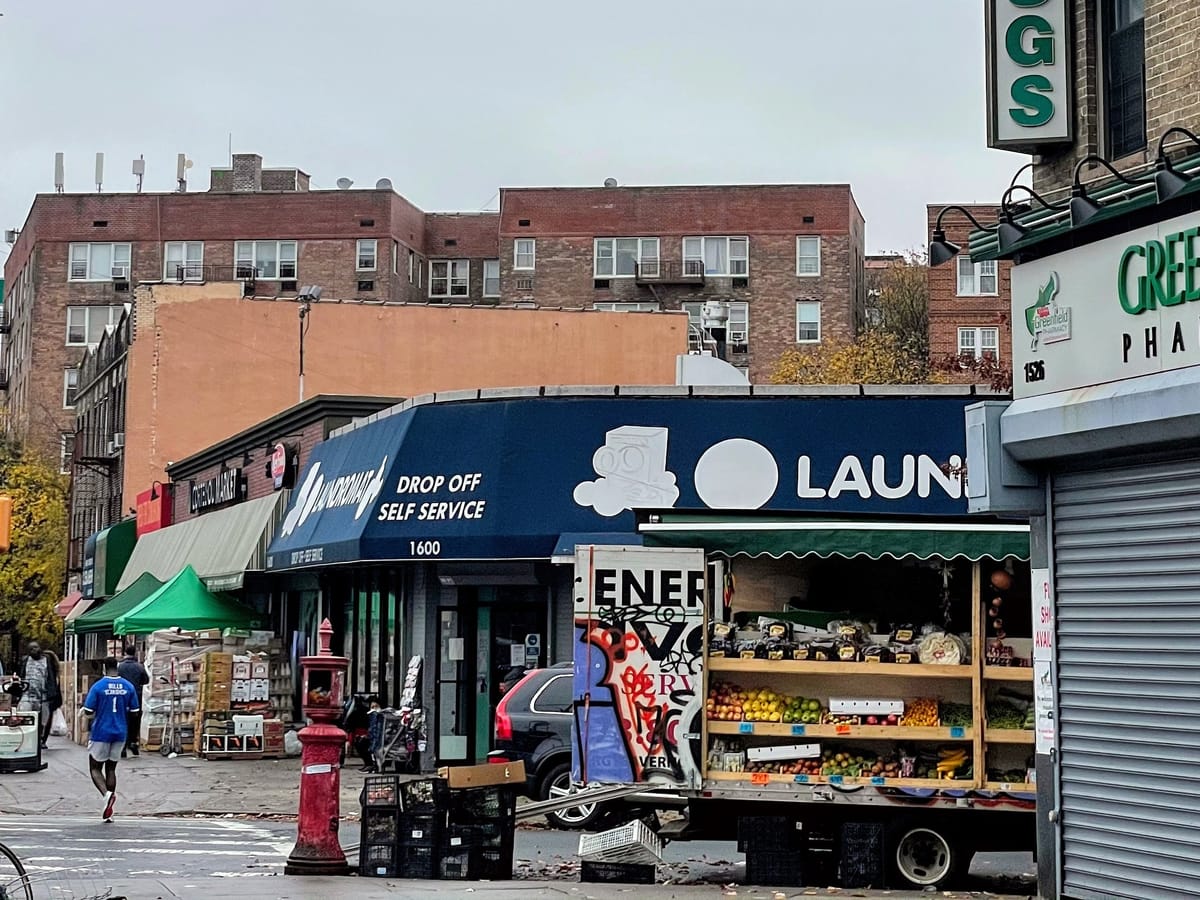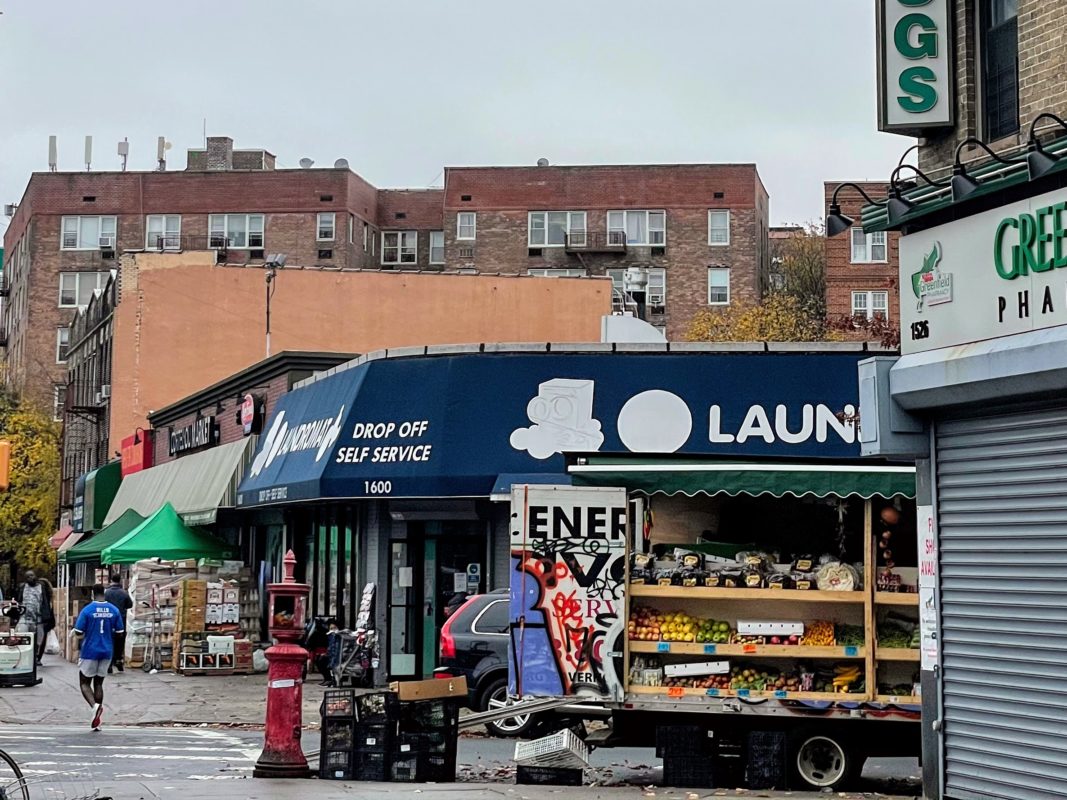OPINION: Unintended Consequences — Council Bill Will Deliver Death Blow To Restaurants, Bodegas and Small Grocers

How can New York City get our economy back on track as we all fight furiously to defeat the COVID-19 pandemic?
It’s a question that everyone is desperate to answer, as New York City’s economy continues to take a beating from the COVID crisis. Between December 2019 and December 2020, our city’s unemployment rate jumped from 3.6% to 11.4% as we lost 561,000 jobs. New York City’s taxable sales plummeted 23% last summer compared to the same time the year before, and restaurant sales dropped by a whopping $9 billion between March and August of last year.
One idea winding its way through the New York City Council that sounds good on paper would issue 4,000 new food vending permits over the next ten years. While this proposal appears progressive (Council Member Cornegy sponsored the original bill years ago, before the COVID crisis), in the time of a pandemic it actually delivers a deathblow to the restaurants, bodegas, neighborhood grocers and other small businesses that are the lifeblood of New York City’s economy.

Worse, it needlessly turns struggling New Yorker against struggling New Yorker, in a perverse local version of the Hunger Games.
Instead of achieving what this city really needs – new ideas and proposals that unite the City and give everyone a chance at opportunity – this idea by its very nature picks economic winners and losers. And for small businesses, like restaurants, losing during COVID doesn’t just mean a bad week of flat revenue — it means losing everything: your livelihood, your savings, and the dreams that your hard work made a reality.
Traditional brick-and-mortar eateries power New York City’s economy: in 2019, New York City restaurants provided more than 317,000 jobs; paid $10.7 billion in wages; and made almost $27 billion in taxable sales. And more than 60% of New York City restaurant workers are immigrants, a percentage that is also higher in many neighborhoods.
Few economic sectors have been as devastated by the shutdowns that have accompanied the COVID-19 pandemic as small businesses and restaurants. A new wave of permitted street vendors means a new flurry of sidewalk stands right outside the door of traditional restaurants, inevitably competing for customers at a fraction of the cost – no rent, no utilities, no insurance or any of the other built-in costs that brick-and-mortar shops must burden. The loss of sales would mean even tighter margins for small businesses, layoffs and inevitably, closures.
The legislation also proposes creating a whole new enforcement office and bureaucracy to go along with the permit expansion. But at a time when the City budget deficit is more than $5 billion, and when the City is focused on COVID-19 vaccine distribution and the maintenance of basic municipal services, can New York City’s merchants and small business owners credibly rely on the City to roll this program out effectively and fairly? Given all we have seen over the past year, you can forgive a skeptical view.
The lack of sufficient implementation and enforcement guarantees far more street vendors setting up outside of small businesses than this legislation authorizes – meaning more money sucked from the pockets of restaurant workers and operators who are already teetering on the brink of financial ruin. Since street vendors by their nature are immune to the forced COVID closures and capacity limits that small stores and restaurants are subjected to, the economic pain becomes even more destructive.
The small business community has simply not been consulted as this legislation has been developed, which means these concerns have not been heard by policymakers and legislators. The cascade of unintended consequences will wash away thousands of jobs and hundreds of businesses – as New York City is trying so hard to pick itself off the mat from this awful virus.
Let us be clear: street vendors need and deserve help from the CIty. There is a place for both traditional businesses and street vendors in NYC. But this proposal will inflict severe damage on tens of thousands of New Yorkers – including the families of small business workers and owners who rely on these jobs to put food on their table and a roof over their head — many of whom are immigrants
The City Council should scrap this legislation, bring small businesses and street vendors together, and work collaboratively to build a framework that serves both.
COVID has been a catastrophe. In this crisis, the City must strive to ease the pain for every New Yorker, not elevate one group in a way that causes intense suffering for another. That would be the debilitating blow not only to New York City’s economy, but also to fairness and progressive ideals.
Robert E. Cornegy, Jr is NYC Council Member representing District 36 – Bedford Stuyvesant, Northern Crown Heights. Randy Peers is the President & CEO of the Brooklyn Chamber of Commerce



